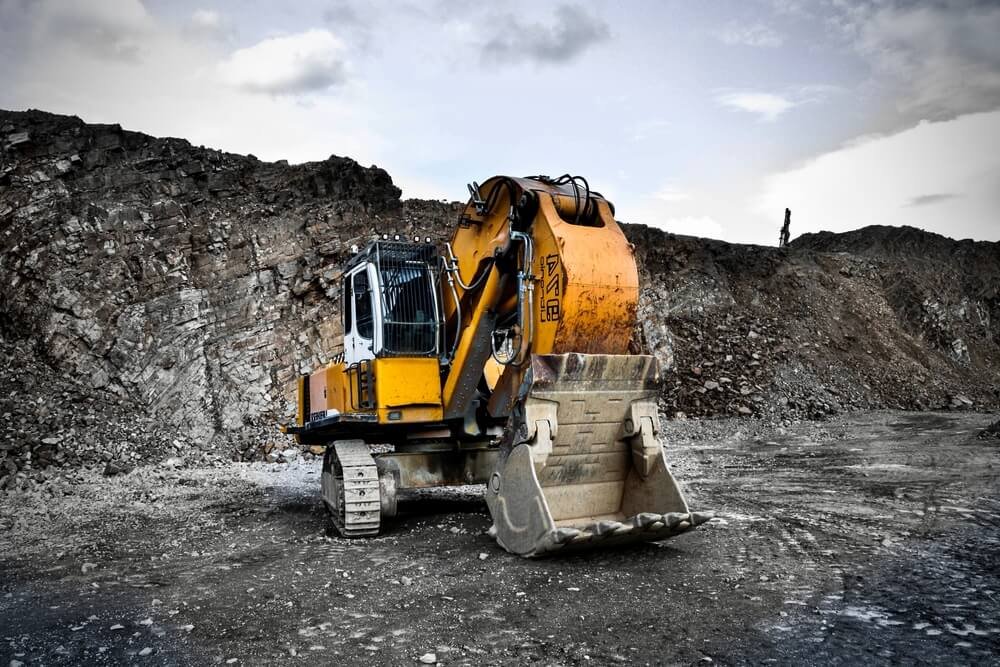Indonesia’s Nickel Boom Fuels Environmental and Community Struggles

Indonesia is rapidly expanding its nickel industry, traditionally used in stainless steel production but increasingly critical for electric vehicle batteries and clean energy projects. This growth has significant environmental and social impacts, as seen on the island of Halmahera.
Librek Loha, a farmer on Halmahera, has witnessed firsthand the environmental degradation caused by the burgeoning nickel industry. His farm, surrounded by bulldozed forests and polluted rivers, faces frequent landslides. "Landslides, again. They happen all the time now," Loha laments. The once-green landscape is now dominated by warehouses, coal piles, and silt-laden water.
Weda Bay, now one of the world's largest nickel production hubs, epitomizes Indonesia's drive to control the global nickel market. The country has increased its smelters from two to 27 in the past decade, with 22 more planned, contributing to over half of the world's nickel ore supply. The demand surge, fueled by companies like Tesla, has shifted the focus from stainless steel to electric vehicle batteries.
However, this industrial expansion has doubled deforestation rates around smelters, according to the Indonesian nonprofit Auriga. Indonesia, which holds the world's largest nickel reserves, has transitioned from exporting raw ore to refining it domestically, a move encouraged by President Joko Widodo to boost employment and revenues. This has led to the construction of numerous coal power plants to support the energy-intensive smelting process, further straining local communities already facing power outages.
The environmental toll is severe. Forest loss around smelters has increased from 33 to 63 square kilometers on average. If all planned plants are built, deforestation is expected to escalate. "The damage to the environment is devastating," said Timer Manurung, chairman of Auriga. Rivers are polluted, mangroves cut, and coastal areas damaged by industrial activities.
Indonesia's rainforests, home to diverse flora and fauna, have been severely impacted. Over 740,000 square kilometers of rainforest have been degraded since 1950. Villages like Lelilef Sawai are now engulfed by industrial parks, causing water pollution and slower plant growth.
Hunters and farmers like Max Sigoro and Abdullah Ambar have seen their livelihoods diminish due to industrial expansion.
PT Indonesia Weda Bay, a major player in the region, claims it has planted new trees and supports local economic development. However, villagers report ongoing environmental degradation and unfulfilled promises of prosperity.
The controversy surrounding nickel production has affected international business. French mining company Eramet and German chemical giant BASF recently canceled a $2.6 billion nickel refinery project in Indonesia, citing changes in the global nickel market. Tesla, a significant user of nickel, has increased its consumption but has not addressed environmental concerns publicly.
Nickel production can be cleaner with the use of renewable energy. Automakers are urged to scrutinize their supply chains and avoid sourcing nickel from deforested areas. However, for local communities, the promised benefits of industrial growth remain elusive. "Now our water is dirty and the fish and animals we hunt are gone," said Ambar. "Where is the better life promised?"





